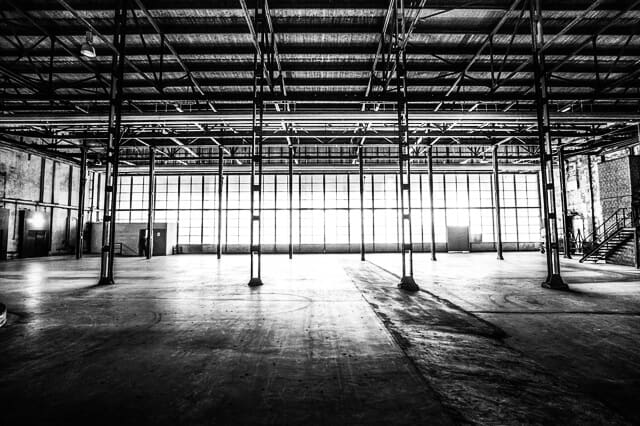We are constantly hearing about Britain’s housing shortage, but a warehousing shortage is just as important an issue. New industrial development is not keeping up with the increasing demand from several areas of industry. The risk is that lack of industrial development will have a negative effect on British business.
As UK manufacturing declined from the late 1990s, a number of factors led to the increase in supply chain activity in Britain.
- Imports meant higher volumes of stored goods
- Cheaper goods led to consumerism
- Proliferation of ecommerce leads to more e-fulfilment
Think of how many online retailers there were 20 years ago, compared to today. It’s not just Amazon and the websites of major bricks and mortar retailers that operate out of large distribution centres. Pretty much every item we bring into our homes and offices has a supply chain story behind it, and this involves sorting offices, distribution centres, depots and rework houses.
The high street of the 21st century has evolved to be less of a shopping hub, and this reflects our shopping habits. For every conventional shop that has been replaced by a bookmakers or coffee shop, the equivalent trade is being done online or at an out-of-town store.
Retailers or logistics companies that need to move or expand are finding it difficult to secure good sized locations, because spare land is being used for housing developments or other non-commercial use.
The risk is that warehousing and distribution space becomes more scarce, thus increasing the supply chain cost and in turn inflating retail prices. Land is obviously a finite resource, so attention needs to turn to derelict buildings and other land known as brownfield land.
Recycling previously developed land can be a good way of increasing the amount of serviceable locations, but the suitability often depends on how much impact the previous structure may have had on the landscape. Perhaps the soil and water supply could be contaminated to such an extent that only extensive (and expensive) preparation is required.
In terms of the party who needs to expand their logistics space, it is always worth looking at maximising the efficiency of the current space. Could an additional level be created above or below the main warehouse?


